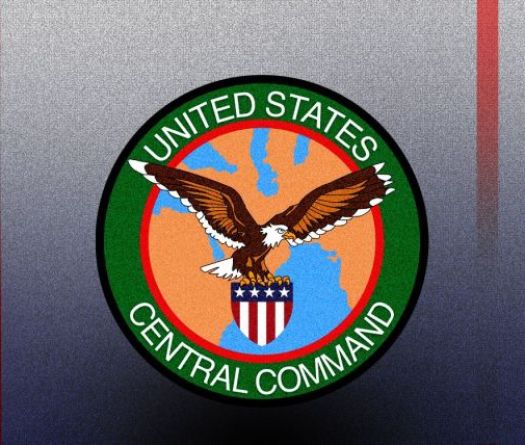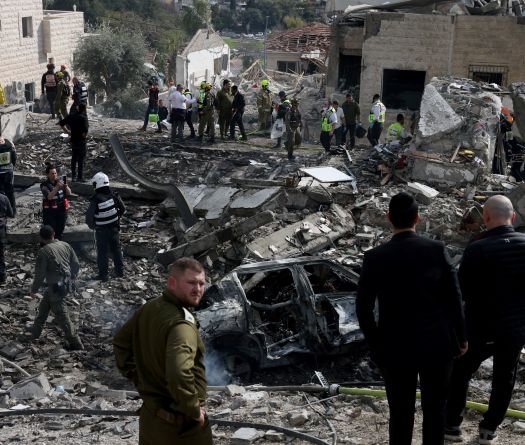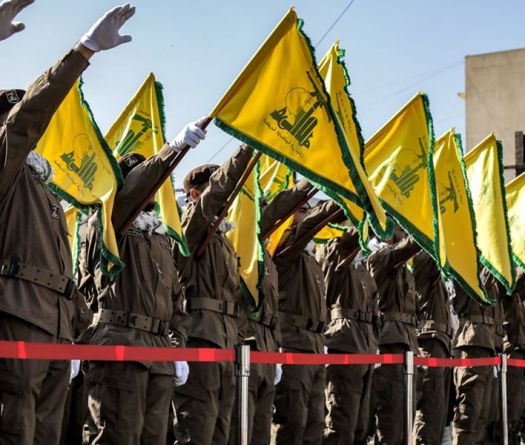
- 17:50 Texas bar shooting may be 'act of terrorism': FBI
- 17:48 Mediator Oman's FM urges ceasefire on call with Iran's Araghchi: statement
- 17:38 Trump says 48 Iranian 'leaders' killed in US attack: Fox News
- 17:37 French FM condemns Iran's 'massive and unjustifiable' attacks on Gulf
- 17:32 Netanyahu says 'these are painful days' after deadly Iranian strikes on Israel
- 17:31 Germany's Merz calls on Iran to 'immediately stop' its 'indiscriminate attacks'
- 17:30 Iran's 'mullah regime is coming to an end', Germany's Merz says after Khamenei's death
- 17:29 Netanyahu says 'full strength' of military deployed in Iran campaign
- 17:28 US military says it sank Iranian warship in Gulf of Oman
- 17:26 Israel's Netanyahu says strikes in Tehran will escalate


Israel Warns Hezbollah of “Severe Blow” as Group Condemns U.S.-Israeli Strikes on Iran
This is Beirut 28/02 17:50

Lebanese Authorities Warn Hezbollah Over Escalation Risks as Regional War Rages
This is Beirut 28/02 14:10

Israeli Airstrikes Target Southern Lebanon Amid Escalation with Iran
This is Beirut 28/02 11:10

Israel Deploys 91st Division to Lebanon Border as Lebanese Leadership Warns Against “Adventures”
This is Beirut 28/02 10:15
See all
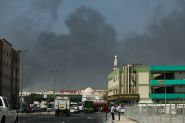
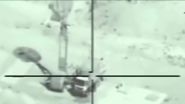
Israel Says Half of Iran’s Missile Arsenal Destroyed
This is Beirut 12:45

Iran Targets Cyprus After Khamenei’s Killing
This is Beirut 12:10

Gulf States Brace as Iran Strikes Continue; UAE and Qatar Report Interceptions
This is Beirut 11:55

Strikes Hit “Heart of Tehran” as Iran Launches New Missile Barrage on Israel
This is Beirut 11:35
